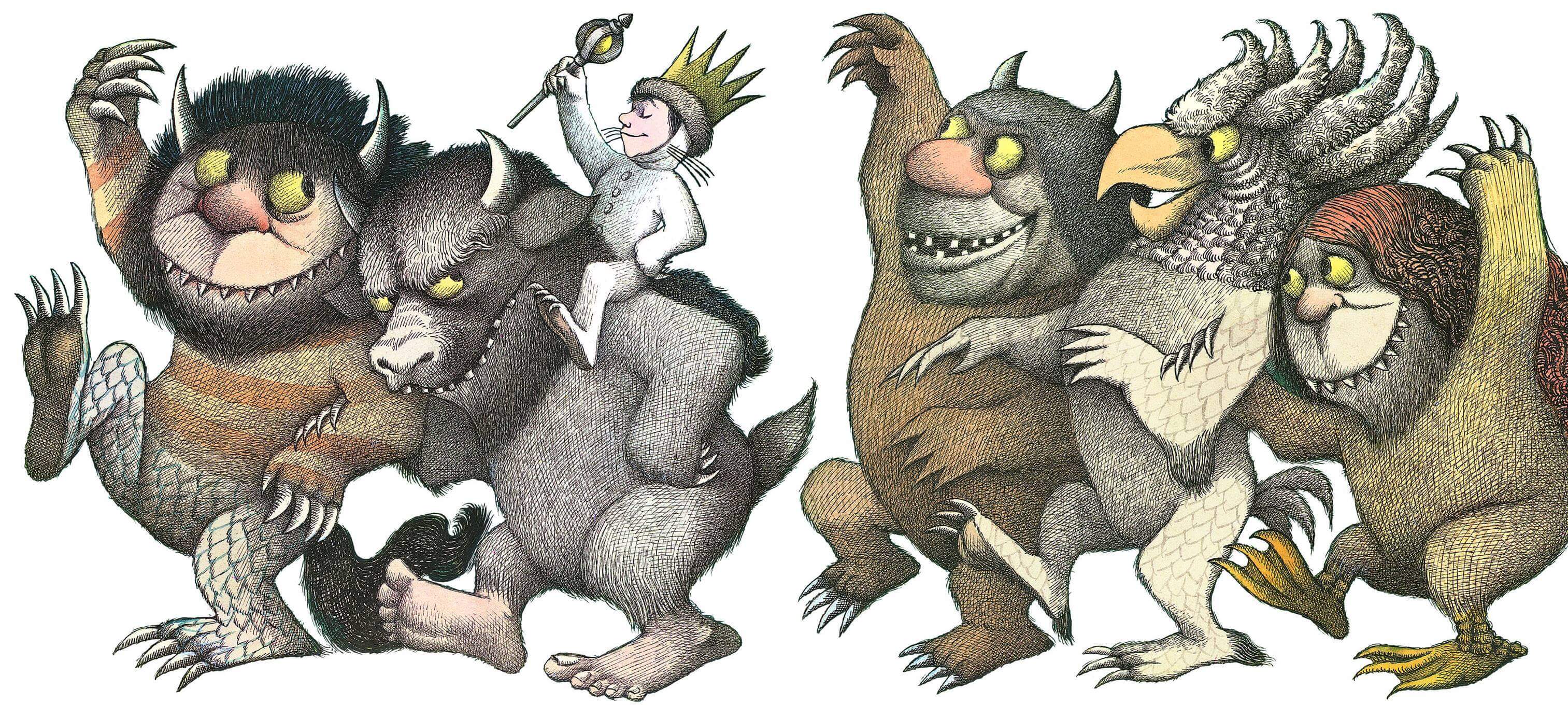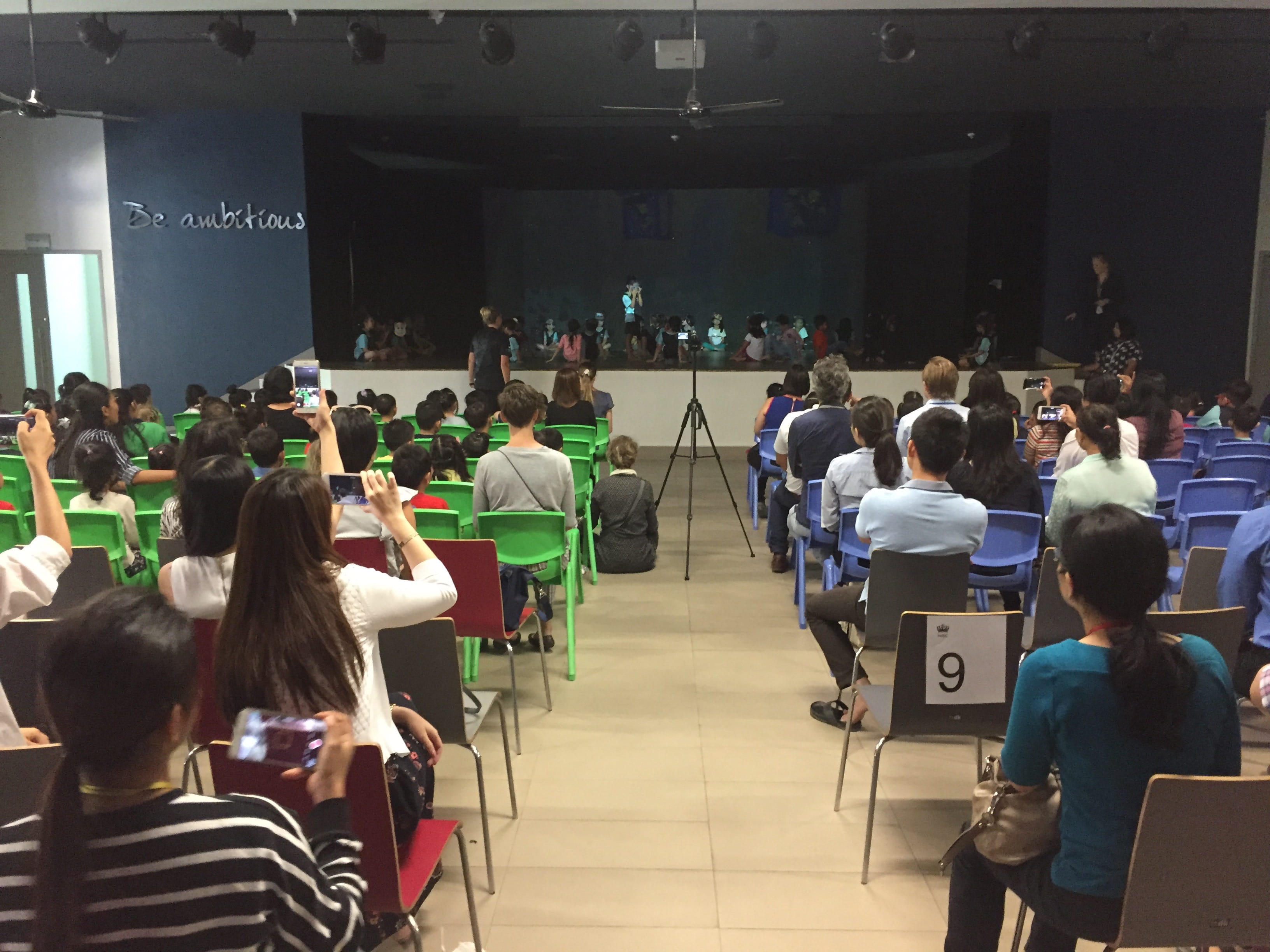We use cookies to improve your online experiences. To learn more and choose your cookies options, please refer to our cookie policy.
Create Your Future!
Admissions are now open. Experience our learning environment firsthand with a free trial class.

As a PYP school, we believe that children learn best when they create meaning for themselves and we value the learning that comes from the process of creation. Their re-telling was developed and made by the Kindergarten children. They decided how the performance would look, sound and feel.

The PYP is a transdisciplinary programme where children develop skills and conceptual understandings through inquiring into a central idea. They explored the idea that people create stories for many reasons through language, PE, dance, art and music.
In Music class, the students helped to choose music that reflected the emotion in the story. Then they chose which instruments they could play along with and recorded the music.
In Art class, the students created their masks, and designed an image to be projected as a backdrop. In PE, children decided the most suitable movements to convey the characters' feeling.

In their homeroom class the children have been reading lots of different stories; talking about the plot and predicting what will happen, discussing the themes and the characters; their physical appearance, thoughts and feelings.
Through this, we have described the elements of the story; that they usually introduce the characters and the setting first, then have a problem followed by a solution and an ending.
We have been retelling the stories through lots of different means - puppet shows, oral retelling, role-playing and drawing cartoons. This has inspired some wonderfully creative stories written by the children!
For more information, contact Ms Becky: becky_watson-penhall@nisc.edu.kh